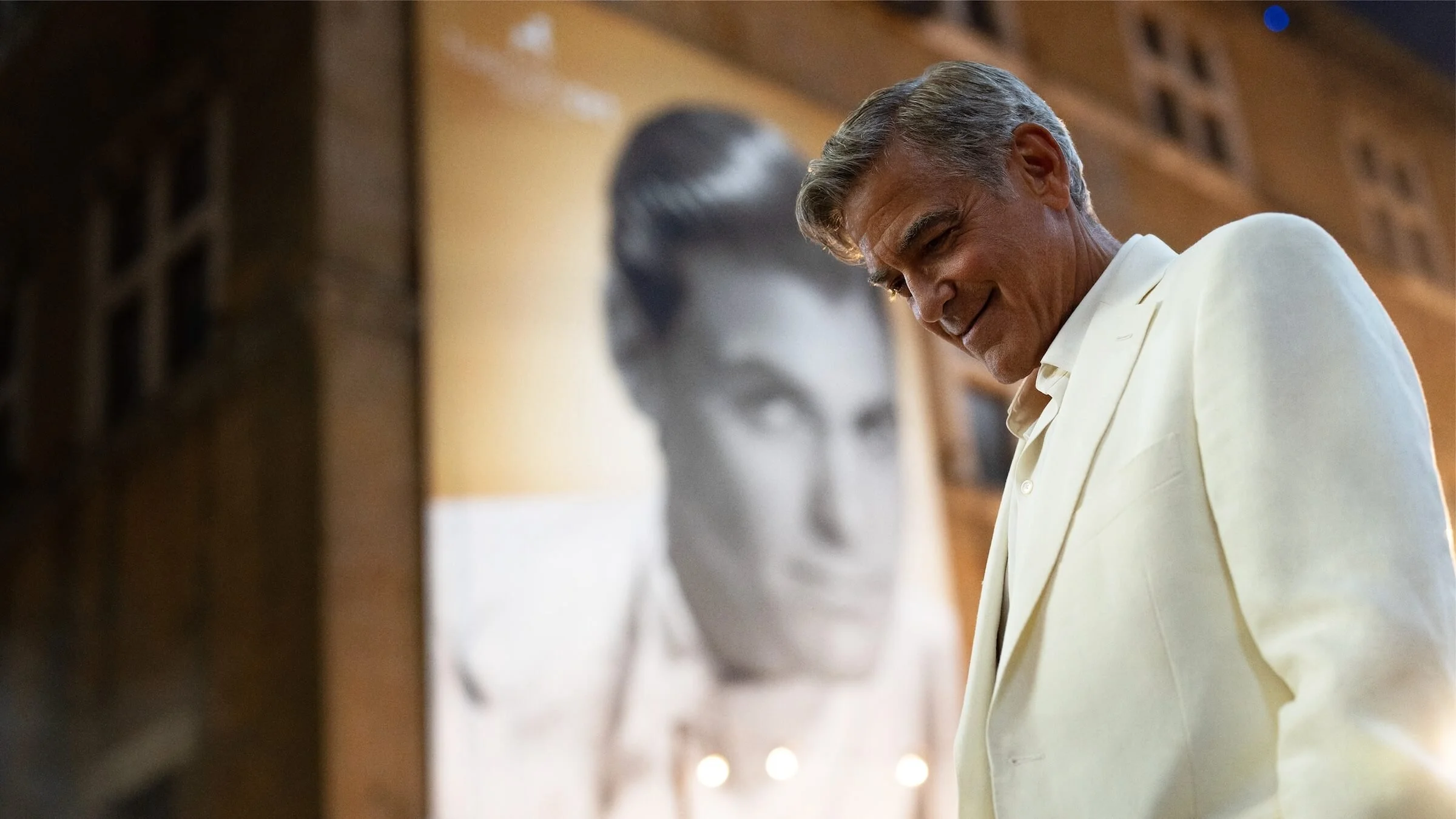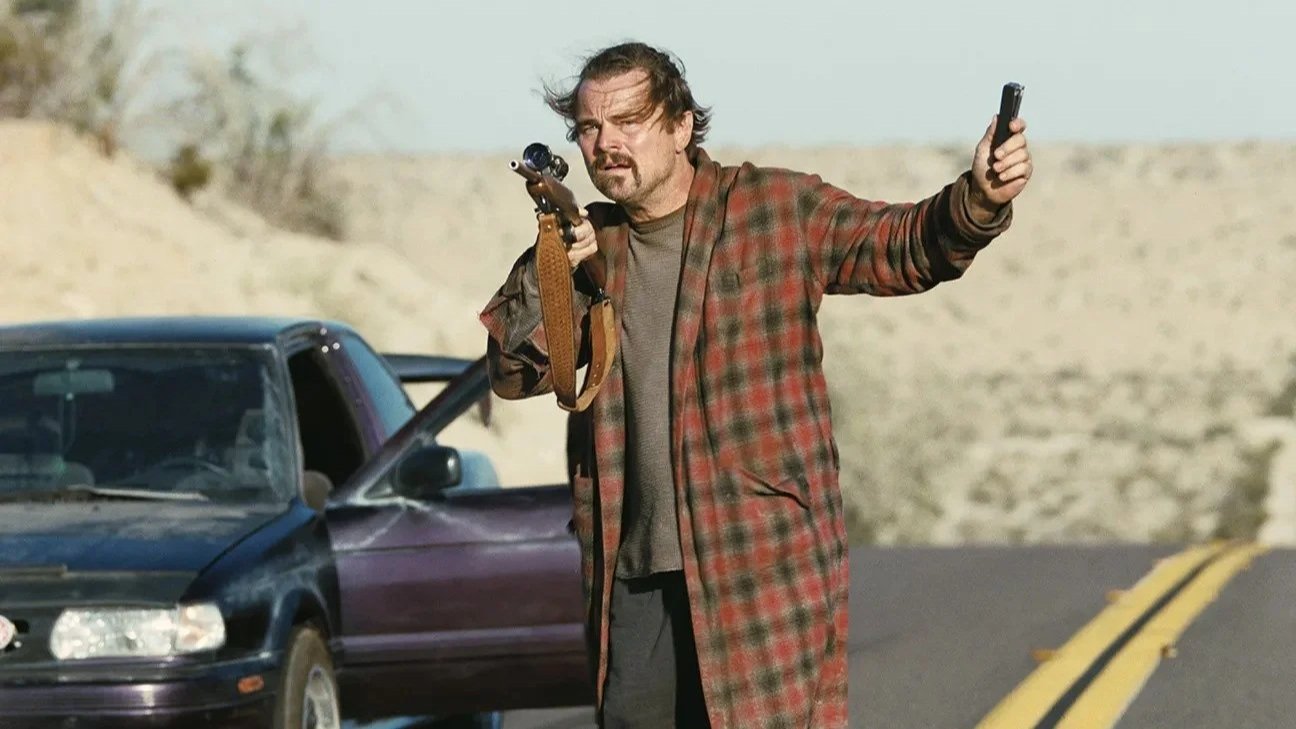Review: Suspended Time (2024)
Olivier Assayas’s autofiction, Suspended Time, is a thoughtful look back at the mundanity and profundity of being a regular person living through the COVID-19 pandemic. Most fiction movies about the COVID-19 pandemic either exploit the isolation for horror (Host), or mine the personal and political confrontations for social commentary (Eddington). Olivier Assayas is not interested in either with Suspended Time, his minor drama about two French brothers holed up during the pandemic in their childhood home in the countryside. Assayas only briefly touches on the politics of the era and mostly avoids the digital existence side of the pandemic (aka the great onboarding of society). While this does mean the movie offers only a microscopic vision of life during that tumultuous time, its vision is refreshingly focused and clear in comparison to works that try to capture the totality of the pandemic experience. As perhaps only a French artist uniquely interested in his own approach to art can do, Assayas examines the interiority of this strange period in surprisingly effective ways.
As the title suggests, for a subset of people, notably, wealthy upper-middle class artists like Assayas himself, the pandemic offered the chance for a creative reset and the time and space to reflect on purpose and meaning. In the film, we meet brothers, Paul (Vincent Macaigne) and Etienne (Micha Lescot), staying in their childhood home in the spring of 2020. Both are sharing the home with Paul’s partner, Morgane (Nine d’Urso), and Etienne’s newish girlfriend, Carole (Nora Hamzawi).
The shared space and social uncertainty provides some tension between the couples, but Suspended Time isn’t about dramatic confrontations. Sure, there are some arguments over whether it’s necessary to leave groceries outside for several hours before putting them away (Paul takes spurious online medical recommendations too seriously), or whether the silent movies that Paul and Morgane watch each night are ironically too loud for Etienne and Carole sleeping directly beneath, but this isn’t a powderkeg movie involving domestic showdowns.
Suspended Time is about the slow rhythms of a spring that seemed endless, and the chance to run in abandoned hunting grounds and sneak into locked up tennis courts for a match. It’s about Zoom calls with your therapist and the searching conversations that follow slow walks in the woods or dinners in the backyard. Ultimately, it’s about the new mental space unlocked by the lockdowns and the creative energy that awakens in people who cannot channel it in their normal manner.
The film is also self-reflection on Assayas’s part. It’s thinly-veiled autofiction. The home in the film is Assayas’s own childhood home. Him and cinematographer Éric Gautier film it with the same affection and attention to texture and nature as they do the home in Summer Hours. Paul is a filmmaker like Assayas. Etienne is a music journalist like Michka Assayas. Paul’s ex-wife, with whom he shares a daughter, resembles Mia Hanson-Løve, while many of his projects sound like Assayas’s past ones. Assayas even narrates the film, although unless you’re a huge Assayas fan who has watched a lot of his interviews, you likely won’t notice this until he starts referencing his past marriage to Maggie Cheung or his filming of Irma Vep.
While the film is not an exact parallel to reality in every respect, Assayas does reflect on his own creative ebb and flow through the narration and the shots of the abandoned village. In particular, his attention to the slow growth of spring, the way the dormant village comes to life again when the trees grow thick and the flowers line the gardens, visualizes the way that dormant creativity can spring forth in those quiet moments of life. A brief line about a magnolia tree that was devastated by late frost holds outsized emotional weight with this approach; the comment that it’ll be fine and bloom soon enough captures the promise of creative renewal.
Of course, like so much autofiction and especially French autofiction, not everything about Suspended Time is so elegantly calibrated. The characters are a bit pompous and insufferable in that particularly middle-brow manner, like Woody Allen movie characters in how they constantly talk about art and culture; in Suspended Time, the characters constantly discuss Abelard and Eloise, Jean Renoir, and Bob Dylan. Some actors are stronger than others. Vincent Macaigne is effective as Paul, alternating between thoughtful introspection and irritating navelgazing, externalized anxiety and genuine concern. Micha Lescot is less confident as Etienne, sometimes unsure of how to present this character that is more blase about the pandemic and skeptical of the threat than his brother but by no means a crank. The pacing is, predictably, uncertain, lurching towards revelations at moments, plodding along at others. I’m not surprised it has received such a tepid reception despite Assayas’s reputation.
And yet, it’s hard to think of another movie about COVID-19 that occupies this particular headspace. Suspended Time uses this pocket of spring in 2020 to help us reflect on how we spend our own time and the meaning of the choices we make when the options are so limited. It’s thoughtful, moving, perhaps even instructive, even if it’s far from Assayas’s signature accomplishments.
7 out of 10
Suspended Time (2024, France)
Written and directed by Olivier Assayas; starring Vincent Macaigne, Micha Lescot, Nora Hamzawi, Nine d’Urso.



This amiable documentary about an underground art project is a subtly profound meditation on the value of art.